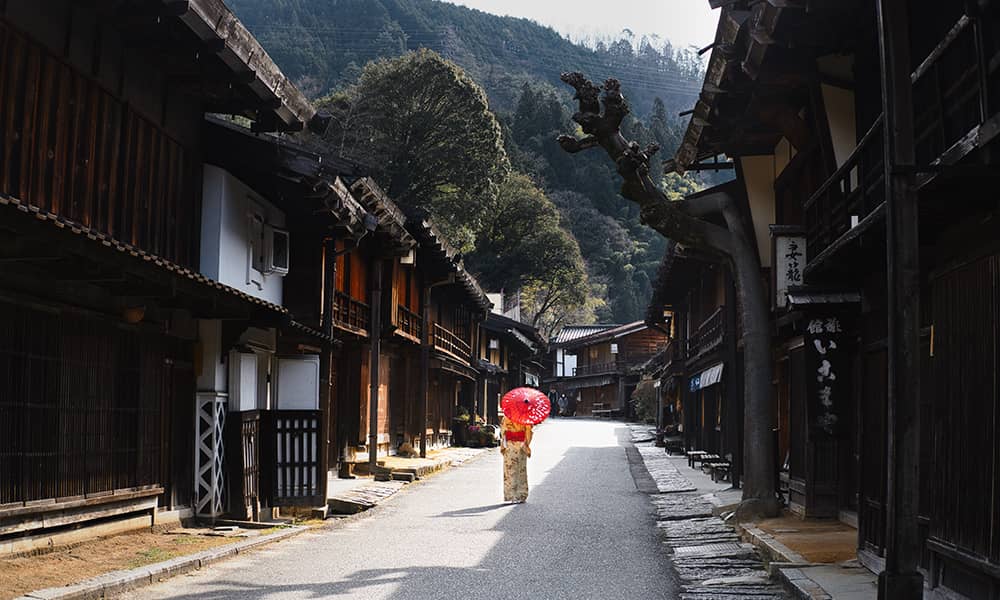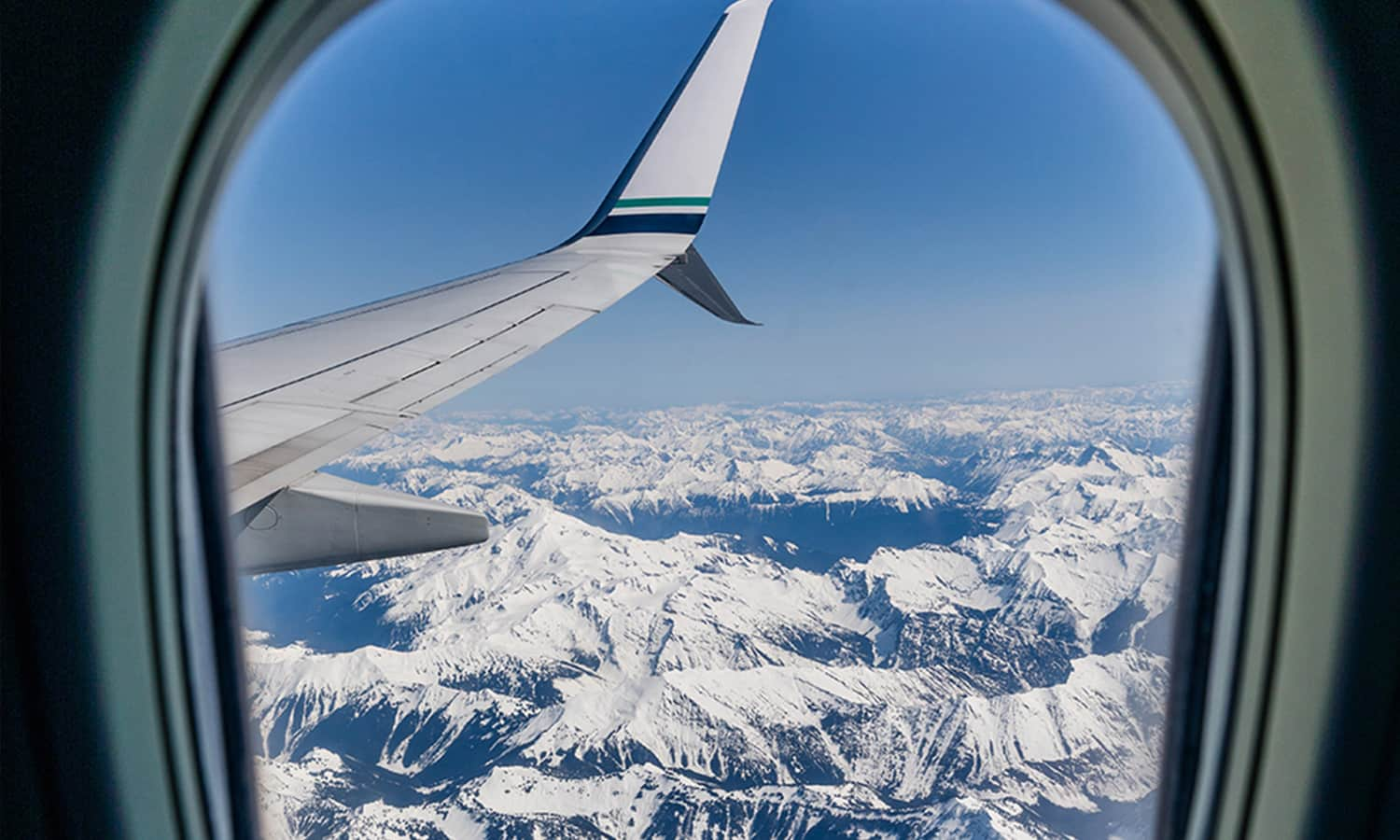The Latch has partnered with Suncorp Bank to deliver sustainability content that helps helps our readers drive positive action in their every day lives.
We absolutely love to travel. Seven out of 10 Australians claim it is the one thing they are sure of doing this year. We travel for a multitude of reasons — business, visiting family and friends, leisure, and some people have even made it a way of life by working and travelling as digital nomads.
A survey by Booking.com shows that wild adventures and trips to far-flung countries are ranked higher than going on dates or even having a baby. Close to 50% of respondents said it brings them more happiness than their wedding day. It’s no surprise that travel is pleasurable. It helps us to leave work and our responsibilities of daily life at home and see life with a fresh pair of eyes again.
However, we can’t help but ask ourselves if this pleasure is purely hedonistic or whether it’s possible to be more mindful as we enjoy ourselves in the process.
By definition, travel is not a necessity. We could survive without it, and for this reason, it might be perceived by some as a luxury or privilege that, if done excessively, could do more damage than good. It would be a shame to paint all travel in a bad light because when done right, travel has the ability to preserve culture, contribute to economic good and local employment, and offers wider access to knowledge of the world, which in turn reduces prejudice and discrimination.

How do we then ensure we don’t tip the balance of good in travel and end up doing more harm than good when we go on the plane?
Related read: Is It Actually Possible to Travel In a Sustainable Way?
The Mind-Travel Connection
This might sound like the beginning of a yoga class but stay with us. We’re talking about a different kind of mind-body connection when we talk about the mind-travel connection. As with any mindfulness practice, acknowledging and understanding the desire is more important than acting on it.
In the case of travel, if you feel an itch or an urge to jump on the next plane, observe your mind and body’s sensations. What exactly makes you excited? Is it time off work, or is it being in a hotel when you don’t have to do the dirty laundry, or maybe is it being able to eat new, different kinds of foods?
Your bodily sensations and thoughts around travel reveal a great deal about what exactly it is that you travel for. It also helps narrow down your decisions to activities that actually interest you, where instead of booking the cheapest flight to some exotic destination, you can allow yourself to get curious about your desires. Probe your mind to think about what kind of tastes you would like, experiences you would like to feel or maybe even the people you would like to meet.
Purpose Seekers
Since travel is not a necessity, most of us do it for pleasure and there’s absolutely nothing wrong with that. But, we want to offer you an alternative way of thinking about your travel desires. As Maslow’s hierarchy suggests, when our basic physiological, safety, love and belonging needs are covered, we look for self-esteem and self-actualisation needs to fulfil. This need refers to the desire to reach our full potential, which is usually achieved by finding common ground between what we are good at and what the people around us need.
How does travel fit into this? Well, it begins by seeking purpose rather than pleasure on your next vacation. Instead of only thinking about the personal gratification of your travel, perhaps you could also consider who else these decisions could benefit. How could your travel impact them positively? Would it be in where you are staying, your interactions with them or the experiences you do with them? Considering and eventually making small adjustments to your trip is a big step forward in dismantling the idea that travel is for purely personal pleasure.

With that said, we’re not demonising anyone for wanting to travel (because we do too!), or for hopping on a plane and shopping for the day. Sustainable travel may not be for everyone from the get-go, but that doesn’t mean you can’t make small changes along the way, in the pre, post, and during portions of your trip to be more mindful of your impact.
Related: Yes, It Is Possible to Travel Sustainably and on a Budget — Here’s How
In the past year, Australians have finally been able to travel again and we’re flying internationally without so much fear. With that said, could you imagine a world where travelling was limited again? Most people wouldn’t want to.
The pandemic has taught us that, while it is possible to live without travel, it’s not something we would like to do. With a new lease on life, it’s time we do it better.
Read more stories from The Latch and subscribe to our email newsletter.







